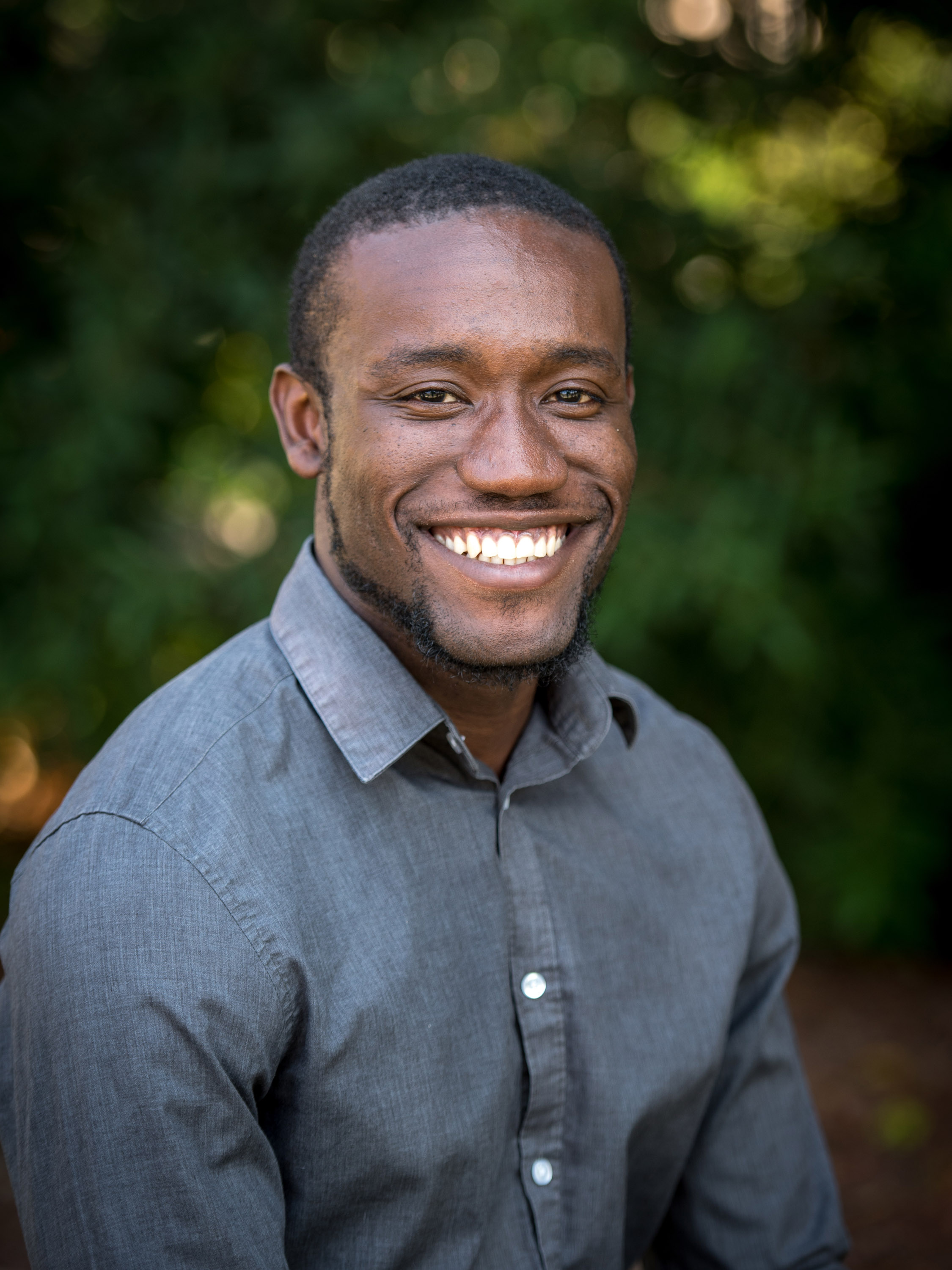Alum aims to prove that money does grow on trees
Kwami Williams ’12

Becoming the CEO of a wellness business was not the plan for Kwami Williams ’12 when he started at MIT as an aerospace engineering major. Then a mission trip to Ghana with the Christian group MIT Cru inspired him to add a concentration in global development and led him to discover MIT D-Lab.
“I started asking myself, ‘If aerospace engineers can help put a man on the moon, then what can I start doing by leveraging my education at MIT to have a more direct impact in the lives of the rural poor?’” he says.
Williams has found his answer by building a supply chain for products from the moringa tree, a drought-resistant tree that grows in the tropics. Moringa leaves have more iron than spinach, more calcium than milk, and more protein than yogurt. The seeds are filled with an oil more moisturizing than shea.
“We like to joke that our goal is to prove that money does grow on trees,” he says.
Though Williams spent his early childhood in Ghana, his first experience with what he calls the “miracle tree” was through a trip there with D-Lab. Williams and Emily Cunningham, a Harvard student taking the D-Lab class, focused their class project on building processing technologies and a supply chain network with local farmers and were awarded a $5,000 Scale-Up Fellowship grant to turn their idea into a business. Williams moved to Ghana after graduating in 2012, and their company, MoringaConnect, launched in 2013.
The company, which provides a guaranteed market to farmers, transforms their harvests into seed oil and nutritional leaf powder sold in bulk to health and beauty product manufacturers in North America, Europe, Africa, and Asia. Its own line of skincare and wellness products is also distributed under the brand name True Moringa. More than just a doorway to the global market, MoringaConnect provides services to farmers and their families—including access to training, financing, child-care centers, medical centers, and university scholarships.
“Over 5,000 farmers grow moringa and supply us here in Ghana,” says Williams. Since the average farmer has a household of five, that means the company’s services support more than 25,000 people.
MIT instilled in Williams the idea that he could change the world. “There’s a beautiful African proverb that says, ‘If you want to go fast, you should go alone. But if you want to go far, then you should go together,’” he says. “I think, in so many ways, MIT embodied that.”
Keep Reading
Most Popular
Geoffrey Hinton tells us why he’s now scared of the tech he helped build
“I have suddenly switched my views on whether these things are going to be more intelligent than us.”
Meet the people who use Notion to plan their whole lives
The workplace tool’s appeal extends far beyond organizing work projects. Many users find it’s just as useful for managing their free time.
Deep learning pioneer Geoffrey Hinton has quit Google
Hinton will be speaking at EmTech Digital on Wednesday.
The future of generative AI is niche, not generalized
ChatGPT has sparked speculation about artificial general intelligence. But the next real phase of AI will be in specific domains and contexts.
Stay connected
Get the latest updates from
MIT Technology Review
Discover special offers, top stories, upcoming events, and more.